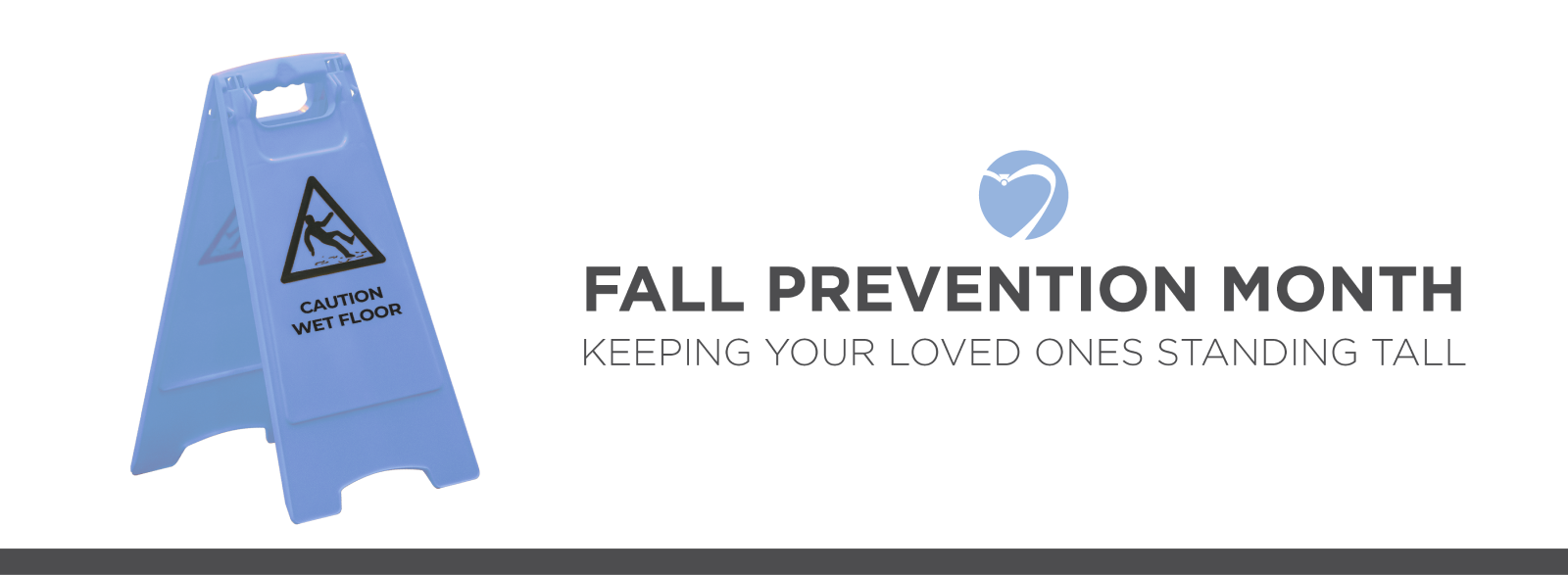Our Blog
Keep Up With What's Happening!
.png)

contact us to speak directly to a care team expert:

The Importance of Staying Hydrated for Seniors
Seniors need to be mindful of the amount of water they drink in a day. Staying hydrated is essential as people age, but it is one of the overlooked daily habits that can have a significant impact on health and well-being.
Unfortunately, as most people age, they experience a decrease in signals of both thirst and hunger. This can create situations where the senior is significantly dehydrated yet does not feel the urge to have a drink. In 2015, an article in the Journal of Gerontology Nursing linked dehydration with an increased risk of illness and even death. The same study also reported that between twenty and thirty percent of older adults would be classified as chronically dehydrated.
Causes of Dehydration and Symptoms of Dehydration in the Elderly
There are physiological reasons that are causes of dehydration in older adults. In addition to the decrease in feelings of thirst, changes in kidney functioning mean the elderly tend to have less concentrated urine and urinate more frequently, which releases moisture from the body.
Water in the body is stored in the muscles, and seniors tend to have lower muscle mass, leaving less body storage space for water molecules. Adding to the problems is the impact of diseases, such as pre-diabetes and Type 2 diabetes will have increased urine outputs, further depleting the body.
Finally, many of the medications prescribed to or over-the-counter medications used by seniors have a dehydrating effect. This includes diuretics, antihistamines, laxatives, heart medications, and drugs used in chemotherapy treatments.
The most common symptoms of dehydration in the elderly are often easy to overlook. Our in-home care service providers and skilled nursing care staff are trained to look for these signs and support their patients in consuming water to stay hydrated.
Some of the common signs of dehydration for older adults include feelings of fatigue, dry skin, increased heart rate, headaches, confusion, feeling mentally exhausted, muscle cramps, and difficulty in walking, standing, or moving about this abnormal.
These symptoms can combine to increase the risk of falls in seniors,which is always a significant concern. Seniors may also have difficulty making decisions and, if they are feeling weak and unsteady, they are less likely to move around to get food and water.
Our Capital City Nurses specialize in assisting seniors with rehab and post-op pay close attention to their patient’s water intake and are alert to the early signs of possible dehydration.
How Can You Keep Seniors Hydrated
There are several ways our home care staff in Great Falls, VA, can help your loved one to stay hydrated. Our senior companion programs allow the senior to spend time with our staff, and we encourage routine hydration and eating that help with balanced nutrition and hydration.
In addition, our elderly care assistance staff provides medication management, and we encourage seniors to drink water with their medications. Companionship care services also include helping seniors to monitor water intake by using water bottles that can be consumed throughout the day.
How Capital City Nurses Assist Your Loved Ones in Staying Hydrated
As part of the intake process for our home health care agency, we evaluate each senior. Our Geriatric Care Manager will create a plan to ensure the health and hydration of your loved one.
For more information on our services at Capital City Nurses, call us today at (301) 652-4344.


.png)












